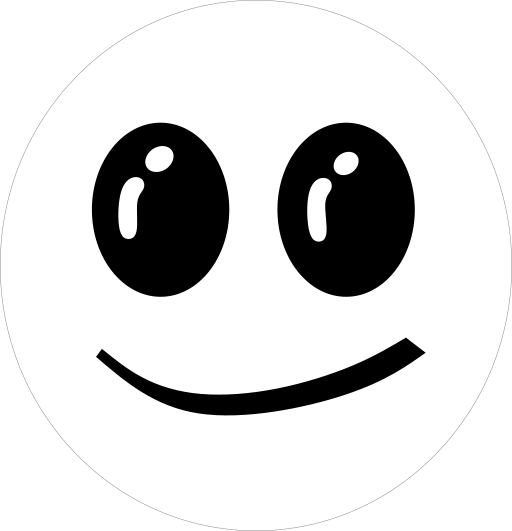And then they touch for every number until 1 trillion
1000 touches.
In french :-)
Touche, ça touche pas
Et touche pas ça touche
Ha ha je connais celui là 😁
Fümf
Lies.
Sieben
Easily verifiable by counting to from 0 to 10.
what about thirmty three
Mine touch at pebenty peben.
I love this! It doesn’t seem like it could possibly be true, but my 30 seconds of testing haven’t debunked it.
Un deux trois… Mille ! In French (France 🇫🇷) 1000 before lips touch.
… Soixante-neuf, septante ! In French (Switzerland 🇨🇭) 70! (in France it’s soixante-dix 😂)
How to say 90 in Swiss French? In French French the (40x2+10) way drives me crazy
technically, 4x20+10?
Yep right
Mine touch at sebbin.
In English, my lips touch when I make the “f” sound at the start of four. I am also pretty sure they touch for one.
Nope, for me my bottom teeth touch my upper lips.
The F sound is usually a labialdental fricative in English. So you are putting your bottom lip on your teeth and letting some air go by to make the F sound.
English has bilabial plosives where you touch both lips together and let air stop for a moment which makes the P or B sounds.
English doesn’t have a bilabial fricative so you might be doing this in your dialect and it doesn’t stand out to anyone because it doesn’t otherwise have a phonetic meaning. But, interestingly, in other languages a bilabial fricative has distinct meaning from a labial dental fricative. I believe I’ve read that in Japanese the “F” in “Mount Fuji” is actually a bilabial fricative and not the normal F that English speakers use.
My upper teeth touch my bottom lip when I do.
Whoops, that’s what I meant. Me too.
One point five… d’oh!
π
Found the american.
It applies to any English-speaking country, which makes sense since it’s written in English.
Just counted out loud, one…lips touched.
That’s what I thought too, but if you google it, w sound is classified as “open mouth” sound by the experts. To me it feels like lips vibrating as sound and breath come through (lips open/close/open as they vibrate).
I guess we’re all different, my lips definitely touched when saying one. There’s got to be an outlier for everything I guess.
“Open sounds” (which, I assume, refers to continuants) and bilabial sounds aren’t mutually exclusive.
When you pronounce the /w/ at the beginning of “one”, your lips round (purse) and touch each other at the corners, but they don’t form a full closure. So, the oral tract is still open, but the articulators (moving mouth parts) are still touching.
This could be reworded as “the middle of your lips don’t touch each other”, but multiple commenters are correct in that your lips absolutely do touch each other when you say “one” in English.
screw googling. try saying it yourself without touching lips.
it comes out as “oen”.
My lips touch when I say one.
Nah, definitely happens at 300 with 三百
八






